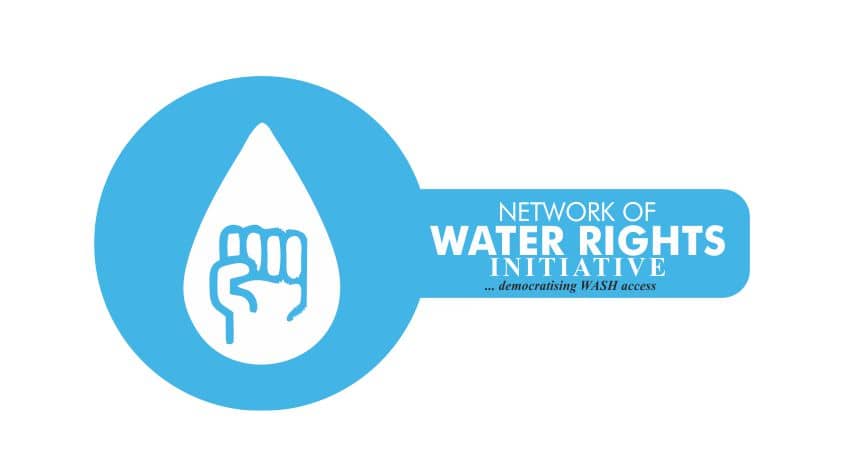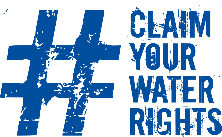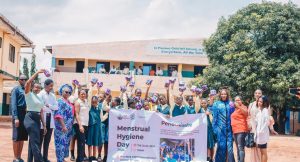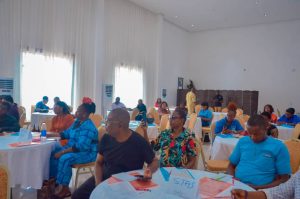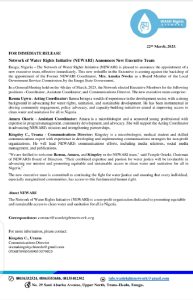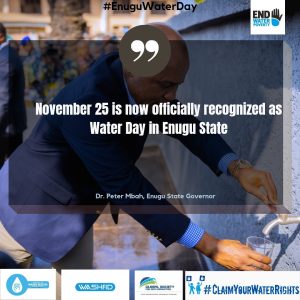July 28, 2024, marks the 14th anniversary of the United Nations General Assembly’s adoption of Resolution 64/292, recognizing access to clean drinking water and sanitation as a fundamental human right.
14 years after, how is the world faring in not just recognizing access to water and sanitation as a human right but accepting, adopting, respecting and enforcing it through through country and state constitutions?
Recognizing that some significant progress has been made in pursuit of universal access to clean drinking water and sanitation (over 2.1 billion people gaining access to safely managed drinking water between 2000 and 2022), gross violations of this fundamental human right still persist across the globe, and the statistics are still stark!
- 1 in 4 people around the world still lack access to safely managed drinking water
- 2 in 5 people still lack access to safely managed sanitation facilities
- Disparities persist, particularly in rural and marginalized communities, with two thirds (1.4 billion) of people gaining access to safely managed water services living in urban areas as compared to the 704 million rural population.
- Climate change and conflicts continue to threaten progress and exacerbate water insecurity across the globe.
Despite the egregious violations and its devastating consequences, there are lessons to be learned in the quest to realize human rights to water and sanitation, globally:
- Conflicts and political instability have been shown to exacerbate the gross violation of human rights to water, with parties involved using water as a weapon of war through water supply cut-off or destruction of water supply facilities, consequently leaving several people without access to clean water. It is therefore imperative to realistically prioritize the respect of water rights in transboundary treaties between nations or states.
- Natural disasters, Climate Change and pandemics have been shown to compromise the right to water. Therefore, highlighting the need for proactive measures like legalizing water and sanitation services as essential services during lockdowns, incorporating water targets in climate policies, and promoting transboundary water cooperation.
- Water is central to all SDGs, therefore, ensuring its integration with other development goals, like Climate action, health, gender and education, is crucial to realizing universal access to water and sanitation, globally.
- Innovative financing and accountability mechanisms as well as public-private partnerships can also help bridge the gaps.
- Sanitation as a human right has been relegated to the background. The human rights to water and sanitation have been inextricably linked historically, yet sanitation has often been overlooked. It is crucial address this imbalance and reframe the narrative going forward by reexamining and reaffirming the equal importance of both rights and working towards equitable access to both water and sanitation, without prioritizing one over the other.
- Rights Holders when empowered with the right knowledge and tools can demand and claim their water rights!
As we reflect on the past 14 years, it is clear that while significant strides have been made, much work remains to ensure universal access to clean drinking water and sanitation.
Let us recommit to this fundamental human right and work together to address the challenges ahead.
